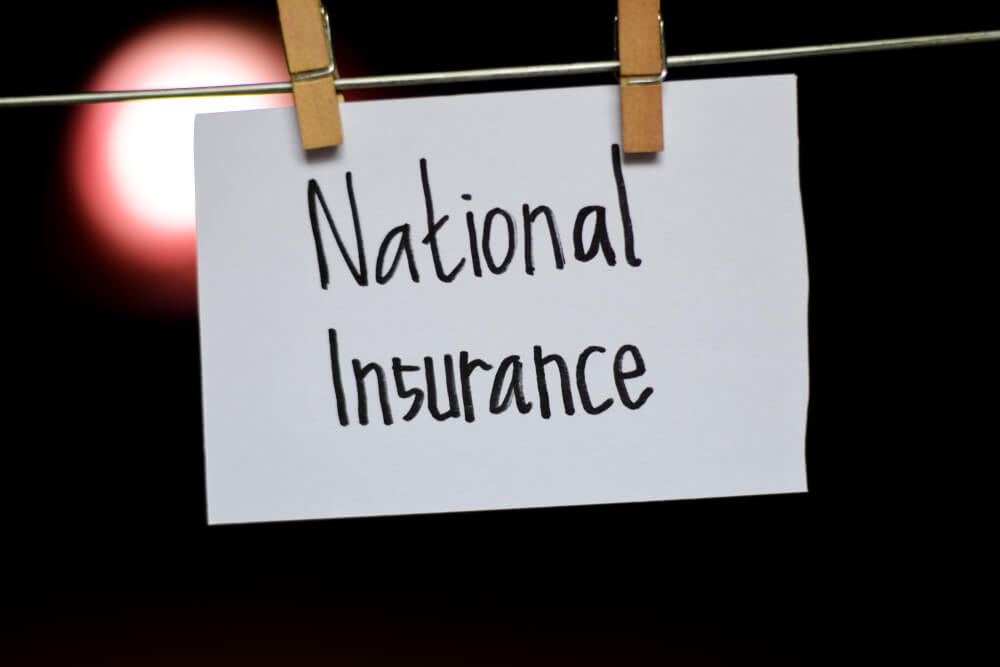The Autumn Budget 2021: Employment Tax
In this, our last post of 2021, we’re concluding our series of Autumn Budget posts with a quick look at the changes to the National Insurance Contributions scheme.

National Insurance Contributions (NICs)
In September 2021 the government published its proposals for new investment in health and social care in England. The proposals will lead to a permanent increase in spending not only in England but also by the devolved governments. To fund the investment the government will introduce a UK-wide 1.25% Health and Social Care Levy based on the NIC system but ring-fenced for health and social care.
The Health and Social Care Levy Act provides for a temporary 1.25% increase to both the main and additional rates of Class 1, Class 1A, Class 1B and Class 4 NICs for 2022/23. From April 2023 onwards, the NIC rates will decrease back to 2021/22 levels and will be replaced by a new 1.25% Health and Social Care Levy.
Broadly, the new Health and Social Care Levy will be subject to the same reliefs, thresholds and requirements as NIC. However, the Levy (as opposed to the temporary increase in NICs for 2022/23) will also apply to those above State Pension age who are still in employment.
Existing reliefs for NICs to support employers will apply to the Levy. Companies employing apprentices under the age of 25, all people under the age of 21, veterans and employers in Freeports will not pay the Levy for these employees as long as their yearly gross earnings are less than £50,270, or £25,000 for new Freeport employees.
The Employment Allowance, which reduces employers’ Class 1 NICs by up to £4,000, will also be available for the employers’ liability to the Levy.
A novel aspect of the Levy is the application to employees above State Pension age. This does not apply in respect of the temporary increase for 2022/23. The Levy will not apply to Class 2 (a flat rate paid by many self-employed) and Class 3 (voluntary contributions for taxpayers to fill gaps in their contribution records).
The main burden of the 1.25% increase falls on the collective shoulders of the employer and employee as each will have higher contributions to make. Those with property income will be relieved that they are not being included in the Levy.
Power to make temporary modifications of taxation of employment income
This will allow HM Treasury, under ministerial direction, to make regulations to make temporary modifications to existing legislation for a period of up to two tax years in the event of a disaster or emergency of national significance as determined by HM Treasury. This will enable the government to support taxpayers, for example by:
This will have effect on and after the date of Royal Assent to the Finance Bill 2021-22.
You should contact us before taking any action as a result of the contents of this summary, or if you need any further help or support. In the meantime, may we wish you a very happy Christmas and a prosperous new year.


